#— bookmark !
Text

my fourth collage bookmark, bird goes to NY!
#my art#collage#bookmark#this one is mostly collage pieces! except the background of the top one i did paint that ☝️#birds
124 notes
·
View notes
Text

as the hiatus drags on, ive just started to draw waning crescent in various situations. anyways they r ice skating 2gether. not pictured is lizzie falling, ava laughing at her, and then lizzie pulling ava down when she offers her hand to help her get up.
#my art#jaz draws#bookmark#jrwi fanart#jrwi riptide fanart#lizzie lafayette#ava ferin#jrwi waning crescent#captioned this one 'yuri on ice' on twitter
21 notes
·
View notes
Text
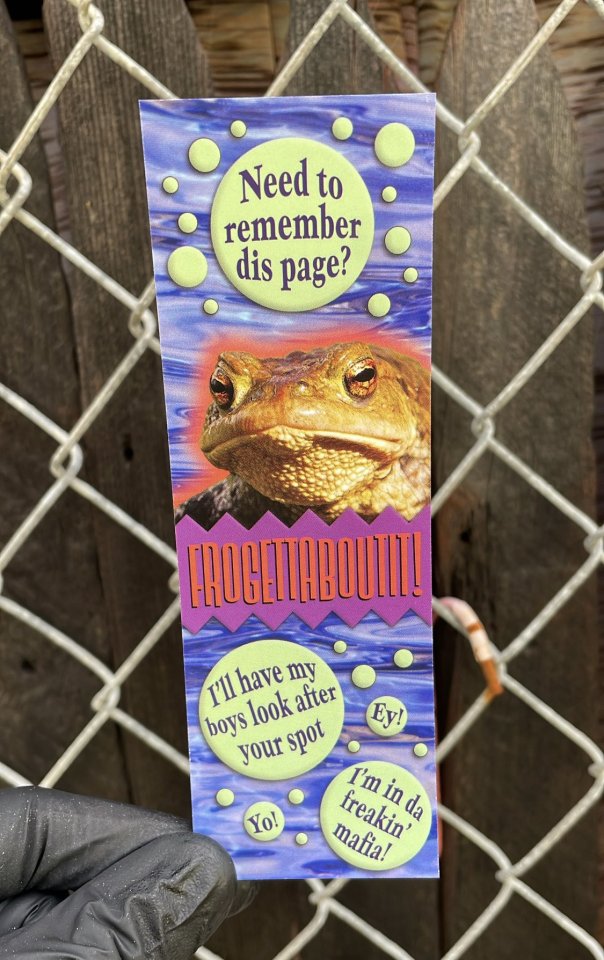
Froggin' available in the Paperback Paradise shop, also available in this set.
9K notes
·
View notes
Text


ik it’s late af and not many ppl are on,,,, but i got my bookmarks in and im OBSESSED 😭 look how pretty they turned out 🥹🥹🥹
#these will be on my shop soon!!!!#bookmarks#bookmark#booklr#books and reading#bookworm#pixel art#artist on tumblr#aesthetic#illustration#sunset#art#artwork
8K notes
·
View notes
Text
AO3 Celebrates 12 Million Posted Fanworks
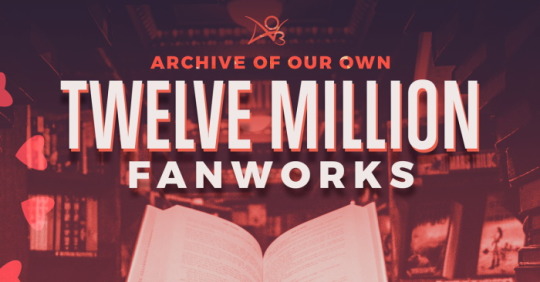
The Archive of Our Own has reached the milestone of 12 million published fanworks! Read more about how the archive works (and doesn't) when it comes to algorithms, tags and bookmarks! https://otw.news/02c68e
9K notes
·
View notes
Text


Hello friends, I finished the first prototypes of a new project!
A few things still need adjustments (mostly concerning printing and especially the cutting process) but I hope you can already enjoy the preview of these little critter bookmarks!
The concept for these was to have the tassel be a part of the animal, like the feather crest for the grey heron and anchiornis, the ribbon eel's nostrils and the shrimp's antennae c:
Available sometime Soon™
*UPDATE: Available now!* :D
2K notes
·
View notes
Text

Bookmark Design I made up for Dungeon Meshi. The dungeon scroll is the front is Falin on the back inspured by that one scene in the first opening of Laois sinking through blood.
I'm honestly so very happy how this turned out.
Enjoy
#dungeon meshi#delicious in dungeon#laois touden#laois dungeon meshi#marcille donato#marcille dunmeshi#chilchuck#chilchuk dungeon meshi#chilch#lious#marcille#senshi#senshi dungeon meshi#red dragon#kelpie#mimic#golum#mushrooms#swordy#kensuke#falin touden#falin dungeon meshi#bookmark
2K notes
·
View notes
Text
*gives you a book with a pressed flower bookmark*
#bookish#booklr#books#bookworm#books and reading#bookblr#literature#reading#bibliophile#pressed flowers#bookmark#I’m a romantic
2K notes
·
View notes
Text


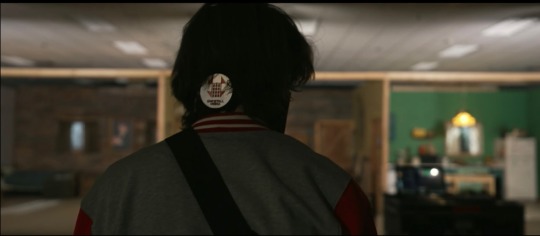

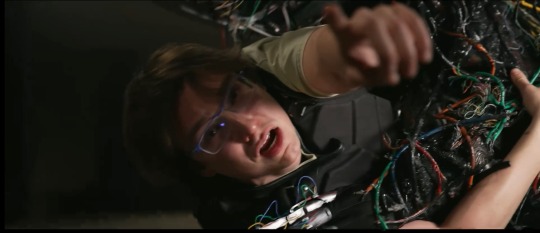

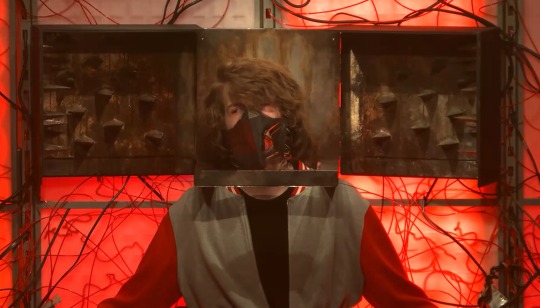
some shots from tonight that i thought were fucking phenomenal
#bookmark#ranboo#ranboolive#genloss#generation loss#gen loss#charlie slimecicle#slimecicle#generation loss the social experiments#ranboo generation loss#Ranboo genloss#genloss ranboo#generation loss Ranboo
6K notes
·
View notes
Text

I forgot to post this one 😅 I already gave it to my husband, who has decided he loves it as is.
553 notes
·
View notes
Text



my third double sided collage bookmark, this time themed after my characters acapella and kcr and their travels!
#my art#collage#cats#kcr runaway star#capella#kitty clown rin#i really love this one#especially the acapella side#bookmark
72 notes
·
View notes
Text

The Tooka Batch
My silly way to draw them all without having to worry about continuity was to make them as dolls.
We have Omega, Hunter, Tech, Echo, Wrecker, Crosshair and Batcher.
Thank you for all the reblogs and support, your kind words are making my day!! TvT MWAHH<3
#starwars#the bad batch#star wars the bad batch#omega bad batch#clones#clone force 99#tooka doll#tooka#fanart#procreate#bookmark
600 notes
·
View notes
Text
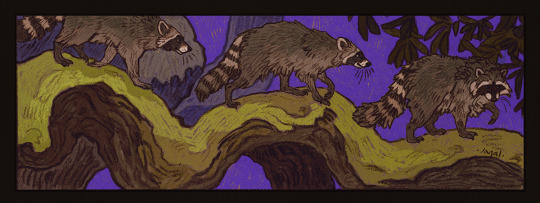
Raccoons
A lil' bookmark I've done for the awesome Arcrcric, thank you for everything, man 🖤
625 notes
·
View notes
Text
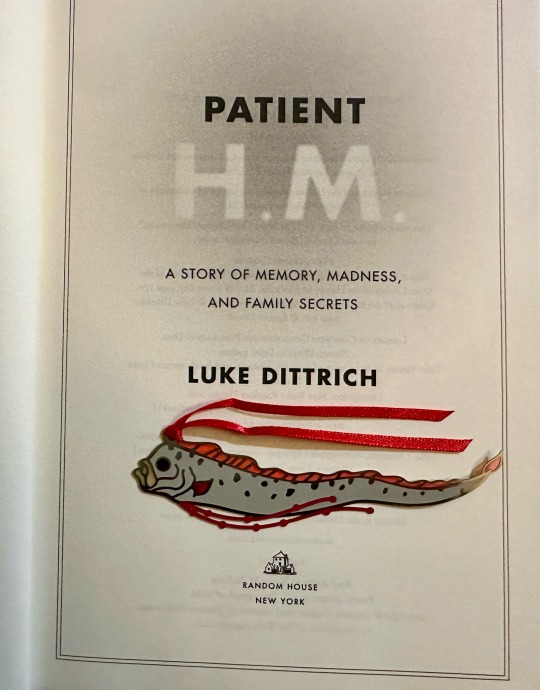
Downright chuffed about this oarfish bookmark I bought years ago in Japan and just rediscovered in my drawer. It’s made of shiny metal and the head crest is soft ribbon.
1K notes
·
View notes
Note
hi, i hope you dont mind me asking this question! i often come across lists of reading recommendations for communists, and they are usually focused entirely on communist theory. which is important and im already on that, but i wonder if you also have recs for learning about history? especially the history of the soviet union, but also other past and present socialist states. i sometimes find myself reading theory and understanding the concepts in a vacuum, but with very little understanding of the historical context they were written in, if that makes any sense. and id like to get a basic grasp of the history of various socialist projects that isnt just the typical western "the ussr was evil!!!!" thing
Hi, historical context is indeed very important for works of theory, especially if it's more than a hundred years old. Lenin's What is to be Done, for example, is very conditioned by its historical context of Russia still being predominantly feudal, with only a timid appearance of the proletariat in St. Petersburg and Moscow, and therefore the very first trade unions, which he talks about. The understanding of these texts is amplified, and quite often enabled by knowing at least the basic historical context. Below I'll list the historical works I've read (and others) with some commentary, but I encourage anyone who has something to add to do so, since I am as of only recently getting more into historiography.
Anything by Anna Louise Strong (I've read The Soviets Expected it (1941) and In North Korea (1941), there's also The New Lithuania (1941), The Stalin Era (1956) and When Serfs Stood Up in Tibet (1959) for example). Her works, which I'd consider primary sources since they are written from her own experience witnessing events and talking to a lot of people, are extremely useful if you wish to form an idea about how some aspects of socialist states worked. The limitation of her works also resides in this specificity and closeness, these are not works that present a broad view of long processes, but a slice of the present with the sufficient historical context. They are still very, very good.
The Open Veins of Latin America (Spanish versrion), by Eduardo Galeno (1971). This one is focused on the history of imperialism in Latin America, how it evolved from the moment the first Spanish foot touched ground to the time it was written in (It talks about Allende before he was assassinated but after achieving power, for example). Perhaps it's not exactly what you're looking for, but it contains very important general context for any social movement that has happened since 1492 to 1971
The Triumph of Evil, by Austin Murphy (2002). I have mixed feelings about this book. While it insists on this weird narrative of absolute evil, which IMO takes away a lot of value from the overall points made, it is an astonishingly in-depth analysis of the economic performance and general merit of socialist systems against their capitalist counterparts. Most of the book is dedicated to comparing the GDR to the FRG, and both the economic and social data it exposes was very eye-opening to me when I read it about 2 years ago. If you can wade through the moralism (especially the beginning of the introduction), it's a gem. I've posted pictures of its very detailed index under the cut :)
Blackshirts and Reds, Michael Parenti (1997). Despite the very real criticisms levied against this book, like its mischaracterization of China, it is still a landmark work. Synthetically, it exposes the relationship between fascism, capitalism and communism.
Red Star Over the Third World, Vijay Prashad (2019); The Russian Revolution: A View from the Third World, Walter Rodney (2018). I'm lumping these two together (full disclosure, as of writing I'm about four fifths of the way through RSOtTW) because they deal with the same topic, Prashad being influenced by Rodney as well. Like both titles imply, they deal with the effects the October revolution had on the exploited peoples of the world, which is a perspective that's often lost. Through this, they (at least Prashad) also talk about the early USSR and how it functioned. For example, up until reading Red Star, I hadn't even heard of the 1920 Congress of The Toilers of the East in Baku, or the Congress of the Women of the East.
From here on I'll link works that I haven't (yet) read, but I have seen enough trusted people talk about them to include them
How to Cast a God into Hell: The Khrushchev Report, by Domenico Losurdo (2008). This one talks about how the period of Stalin was twisted and exaggerated through destalinization.
Devils in Amber, by Philips Bonoski (1992). This is about the Baltics and their historical trajectory from before WW1 to the destruction of the USSR (I'm not very sure on those two limits, perhaps they fluctuate a bit, but it definitely covers from WW1 to the 60s)
Socialism Betrayed, by Roger Keeran and Thomas Kenny (2004). This one deals with the process leading up to and the destruction of the USSR itself.
The Jakarta Method, Vincent Bevins (2020). This is about the methods the US used in the second half of the 20th century to stamp out, prevent, or otherwise sabotage communist movements and other democratic anti-imperialist movements.
I know some of these aren't specifically about socialist states, which is what you asked, but the history of its opposition is just as important to understand because it always exists as a condition to these countries' development and policies chosen.



386 notes
·
View notes
Text
(rb for sample size)
#i know astarion is Popular don't yell at me over these guesses#i have lae'zel + astarion + shadowheart#bg3#baldur's gate 3#bookmark
1K notes
·
View notes